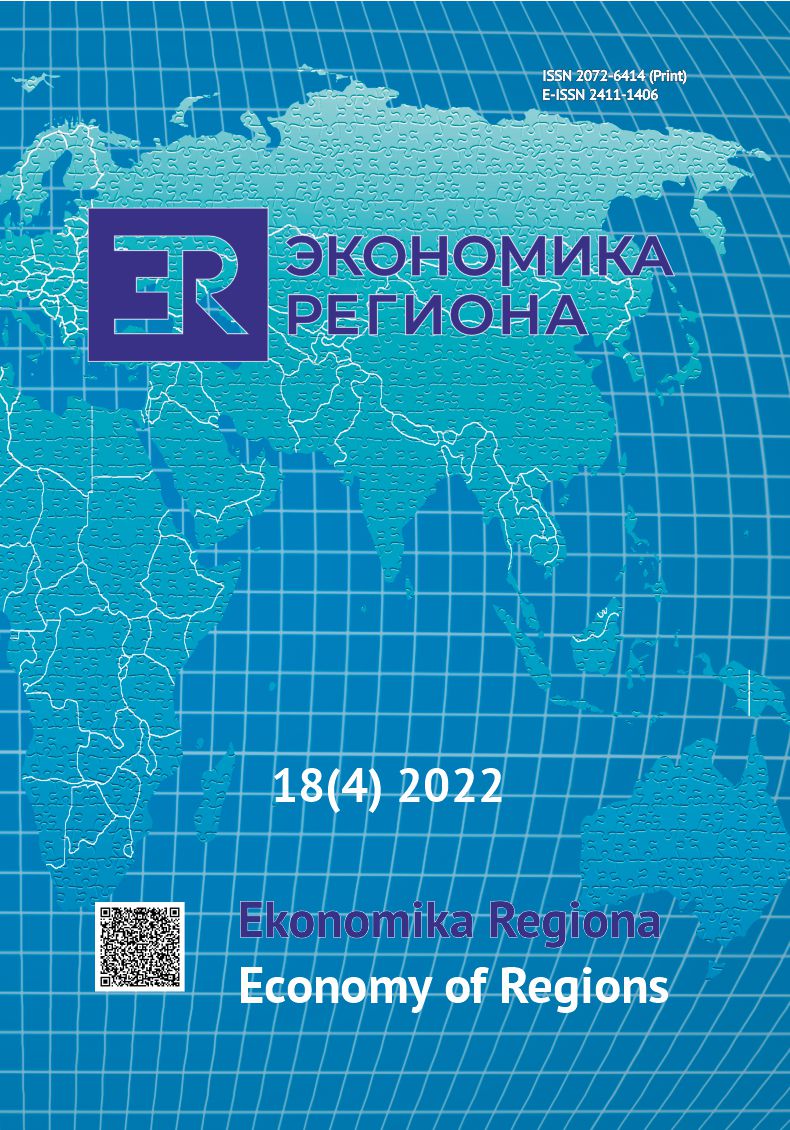Подход к оценке развития цифровой экономики на основе кластеризации субъектов Российской Федерации
Approach to Assessing the Digital Economy Development Based on Clustering of Russian Regions
Author(s): Tatiana V. Afanasieva, Aida Kh. KazanbievaSubject(s): Economy, Geography, Regional studies, ICT Information and Communications Technologies
Published by: Институт экономики Уральского отделения Российской академии наук
Keywords: digital economy; region; indicator; clustering methods; cluster centre; fuzzy sets; multidimensional assessment; linguistic assessment; frequency analysis;
Summary/Abstract: The present article proposes and tests a new approach to the assessment of the digital economy development in order to obtain evaluative knowledge (qualitative assessments) from quantitative indicators of the constituent entities of the Russian Federation. The distinctive features of the proposed approach are the integration of cluster analysis and qualitative assessment, as well as the use of elements of the fuzzy set theory for modelling evaluative knowledge and presenting it in linguistic form at three levels of interpretation. Three methods (K-means, BIRCH, DBSCAN), differing in terms of grouping principles, were applied to improve the quality of clustering. The most suitable method for clustering the constituent entities of the Russian Federation was automatically selected based on a proven quality metric. The developed automated methodology for qualitative assessment of digital economy was tested on 15 indicators observed over 9 years, presented on the website of the Federal State Statistics Service for 83 regions of the Russian Federation. The study identified six clusters, for which three classes of qualitative assessments were determined, characterising the problems of digital economy development by indicators, their groups and year based on the aggregation of linguistic assessments. Thus, the level of the indicator (Low, Medium, High), as well as belonging to the problem according to the group of indicators (Problem/No problem) and according to all indicators (Developed/Developing) were estimated for each region in the clusters. Analysis of qualitative estimates obtained from various regional numerical indicators showed that the most «problematic» in 2010 and in 2018 was the group of indicators «Science and Innovation». Additionally, the group of indicators «Economic Efficiency» demonstrated a negative trend in the period 2010-2018, while a positive trend was observed in the group of indicators «Information Society» and «Labour Market».
Journal: Экономика региона
- Issue Year: 18/2022
- Issue No: 4
- Page Range: 1075-1088
- Page Count: 14
- Language: Russian

